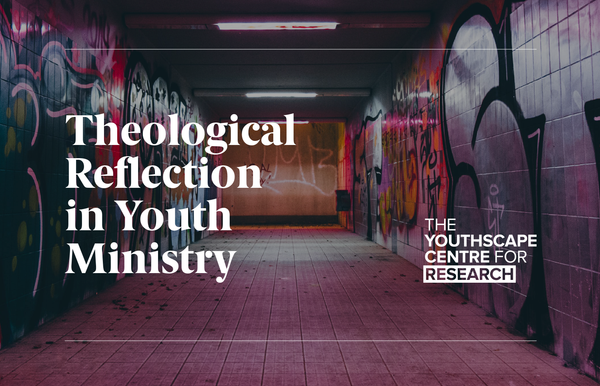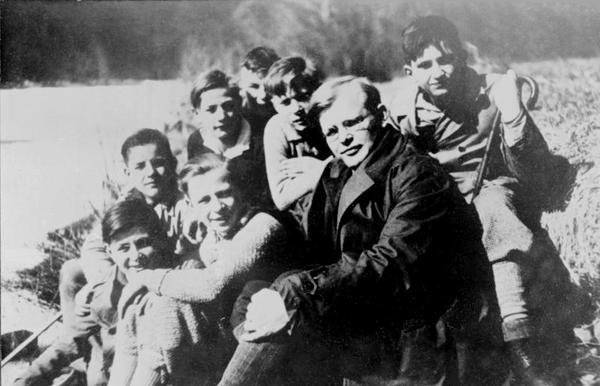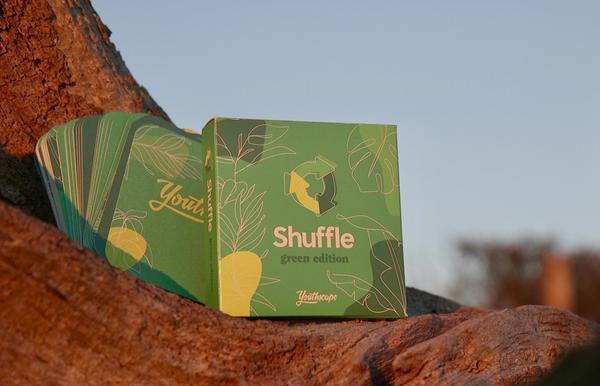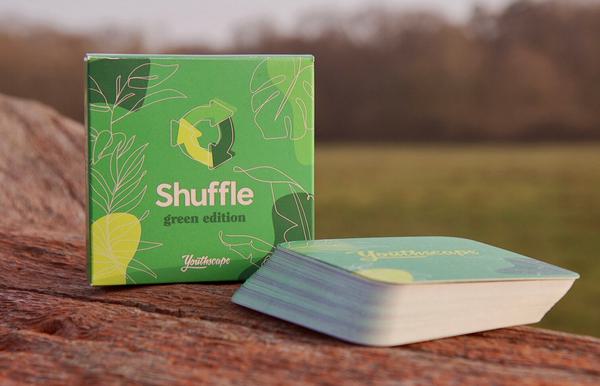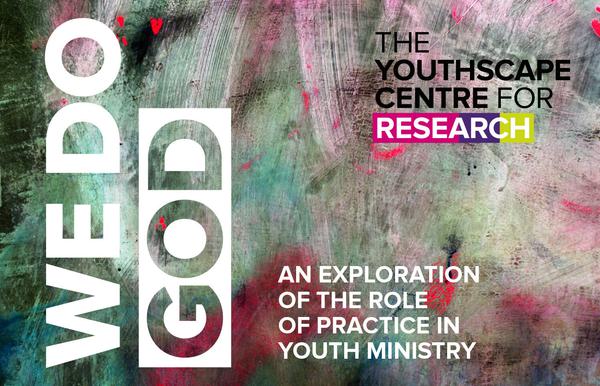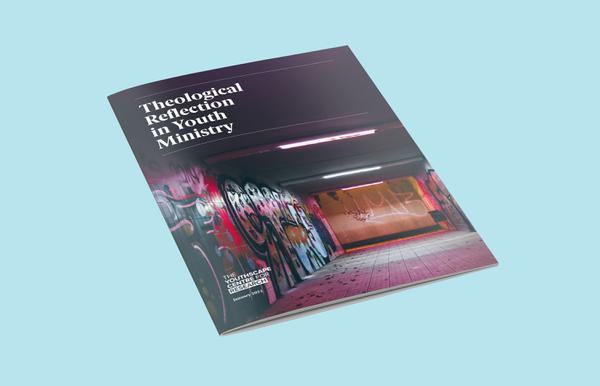We live in strange days largely devoid of structure and novelty. In this temporal crisis, how can we reclaim the sense of time we used to know?
It’s 8pm. I’m sitting on my sofa. I’m getting agitated as my husband is faffing about in the kitchen – albeit making me a drink. We are about to miss the start of the programme I’ve been waiting for all day. After some not so gentle encouragement, he arrives and plonks himself next to me. I turn on the TV. It’s one of those glorious evenings when there is not one but two new, original things to watch on the telly, rather than a series of things-you-will-put-up-with-because-there’s-nothing-better-on.
Then I have a worrying realisation: the only thing bringing any sort of structure to my week in lockdown is the TV schedule. Every working day is relatively the same, and without any particular place to go or any particular thing to do there’s nothing to break life up into more manageable pieces. Unlike children and teenagers who still get carted off to school each day, or those who are still having to travel to actual work to do their work – there’s not a whole lot keeping time for me. Every moment blends into the next one, in a soup of similarity and unvaried existence. A Monday is much the same as a Tuesday (well, you know… except for those heady Autumn days when Bake Off was on).
Too much time or not enough?
Time feels funny in lockdown. As I look back over the past twelve months, it feels like the longest and shortest period of my life. In so many ways it has felt endless, with day after day of restrictions and waiting for things to get better. In other ways it has flashed past. I’m not really sure what I’ve been doing with myself. I know I’ve spent a lot of time in my flat. And have probably been on more walks than I ever went on pre-lockdown. But in lots of ways I’m just a year older, with nothing to show for it. I’ve been dangling in a time vacuum, without much of a sense of what day it is or how many weeks have passed since I’ve called my mum. It’s like an extended version of the week between Christmas and New Year, but significantly less fun and with a whole lot less turkey.
We’ve also been polarised in our experience of time in lockdown: some of us have had every single moment filled up with home-schooling and work, while others of us have suddenly found ourselves suspended in an oppressively endless kind of time. I am in the latter camp, one of the lucky ones who has technically had more time. But simply having less demands, less people to see and less places to be does not necessarily mean that we experience ‘more time’; perhaps the exact opposite is true.
"We cannot experience time as time if there is nothing that keeps time for us, nothing that gives us the feeling of ‘duration’. This is a painfully true depiction of my lockdown living."
Philosopher Byung-Chul Han begins his book The Scent of Time by stating that we are in the midst of a temporal crisis. Han writes that the malaise of our post-modern age is no longer simply the feeling of acceleration – that life is getting away from us at an ever-quickening pace – but rather that ‘nothing comports time’. He continues: ‘Life is no longer embedded in any ordering structures or coordinates that would found duration’ (2017: vi). We cannot experience time as time if there is nothing that keeps time for us, nothing that gives us, to use Han’s term, the feeling of ‘duration’. This is a phenomenological understanding of time. Unlike a techno-rationalist view, which suggests that we know time in an abstract sense through time keeping devices, a phenomenological account is about whether or not we feel time, whether or not we experience time passing in our real lives in the world. To lose the feeling of time or duration is then to live in non-time. This is a painfully true depiction of my lockdown living.
Pandemic productivity?
Perhaps this is why so many of us have struggled to be productive with this newfound time in lockdown. Like many others, I began lockdown number one with visions of grandeur for how I would spend the enforced isolation. I was determined to make everything in my sewing pattern book, become an expert painter and start and finish the novel I have always wanted to write. But, dear reader, of course none of this happened. I got by, I coped, as many of us did. So, it seems that technically having ‘time’ is not the same as being in the right social, emotional, spiritual or mental state to monopolise and maximise that time for productive ends. In our latest piece of research, Theological Reflection in Youth Ministry, we found that the main barrier to reflecting theologically on practice among youth workers was not having enough time. I wonder if these youth workers have found any more time in lockdown, or if their experience is much like mine.
Lockdown can also woo us with a false sense of slowness. Removing some of the building blocks of life may have meant that we’ve gone at a slower pace. But deceleration is not the answer to our loss of time; Han states plainly that ‘deceleration cannot found duration’. Slowness does not therefore equal the feeling of time. So, is there any hope for us non-time dwellers? How can we recapture a sense of time?
According to Han, the only way back to time is to master the art of ‘contemplative lingering’. As we linger, something we’ve forgotten how to do, we feel the duration of time. An instinctual response for many of us in this difficult period has been to observe the seasons. The changing colour of the autumn leaves back in lockdown two brought unfathomable joy to my soul. The snowfall across the country not so long ago was like a blanket of grace, lifting our spirits and reminding us that life is good, and will be good again. The changes between the seasons have enabled us to feel that we are rooted in time, not suspended in a void of timelessness. It is a huge comfort that the natural world goes on, no matter what manner of awfulness is happening in the human world. The seasons give us the reassurance that time will pass, that the world will continue to turn, and that there will be a time when lockdown is no more.
But anyway, friends, I’d best go – Pooch Perfect is about to start…




